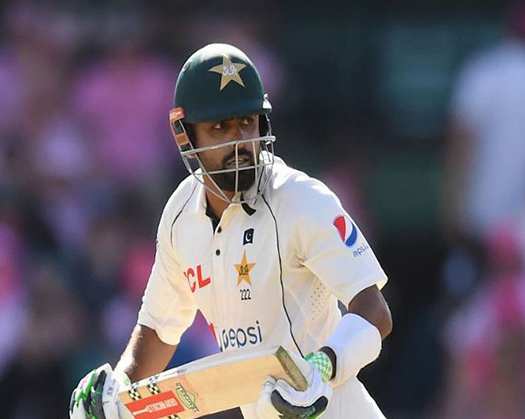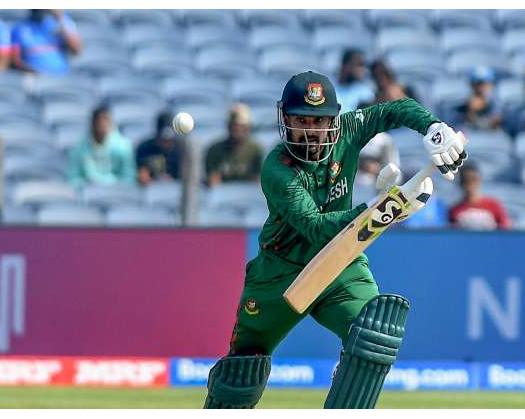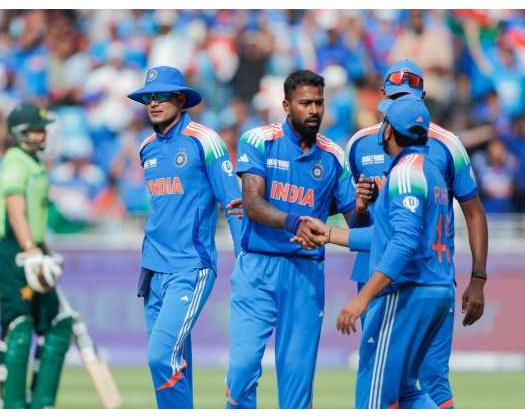Centurion: Babar Azam, the Pakistani batsman, etched his name in cricket history at Centurion by becoming only the third player to accumulate over 4,000 runs across all three formats of the game.
On the first day of the inaugural Test match between Pakistan and South Africa, Babar made his return to the Test team after being omitted during the series against England.
His comeback was a mix of triumph and disappointment. While he secured a place in cricketing lore, he was unable to make a substantial impact on Pakistan's innings. Despite his talent, Babar edged a ball to Aiden Markram at second slip, managing only a meager 4 runs.
Although his short innings did not meet expectations, it represented a noteworthy achievement. Babar joined the ranks of the third cricketer to exceed 4,000 runs in all formats of international cricket, a milestone previously reached by Indian legends Virat Kohli and Rohit Sharma.
Babar's Test career now boasts 4,001 runs from 56 matches, with an average of 43.49, including nine centuries and 26 fifties. In One Day Internationals, the 30-year-old has scored 5,957 runs in 123 matches, averaging 56.73 with 19 centuries and 34 fifties. In T20 Internationals, he has accumulated 4,223 runs in 128 matches at an average of 39.84, featuring three centuries and 36 fifties.
His dismissal in the opening session exacerbated Pakistan's struggles, as wickets continued to fall. Saud Shakeel, who seemed intent on increasing the run rate, soon followed Babar back to the dressing room.
Shakeel, in an attempt to play an aggressive shot, edged a delivery to wicketkeeper Kyle Verreynne, resulting in his dismissal for 14 runs off six balls. This left Pakistan in a challenging situation at 56/4.
In response, Kamran Ghulam and Mohammad Rizwan worked to stabilize the innings with a vital partnership. The pair effectively kept the runs flowing, gradually reconstructing Pakistan's innings.
Ghulam took the initiative to score quickly, maintaining a strike rate exceeding 100 for a significant portion of his innings. Conversely, Rizwan opted for a more measured strategy, thoughtfully choosing his shots to sustain the team's momentum.













